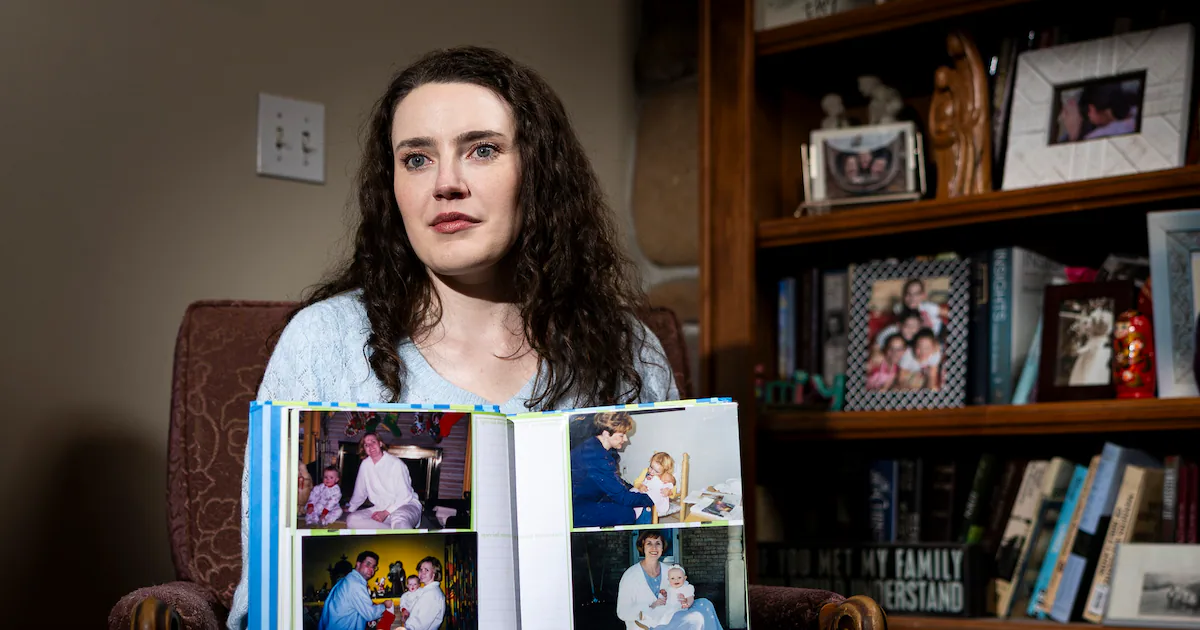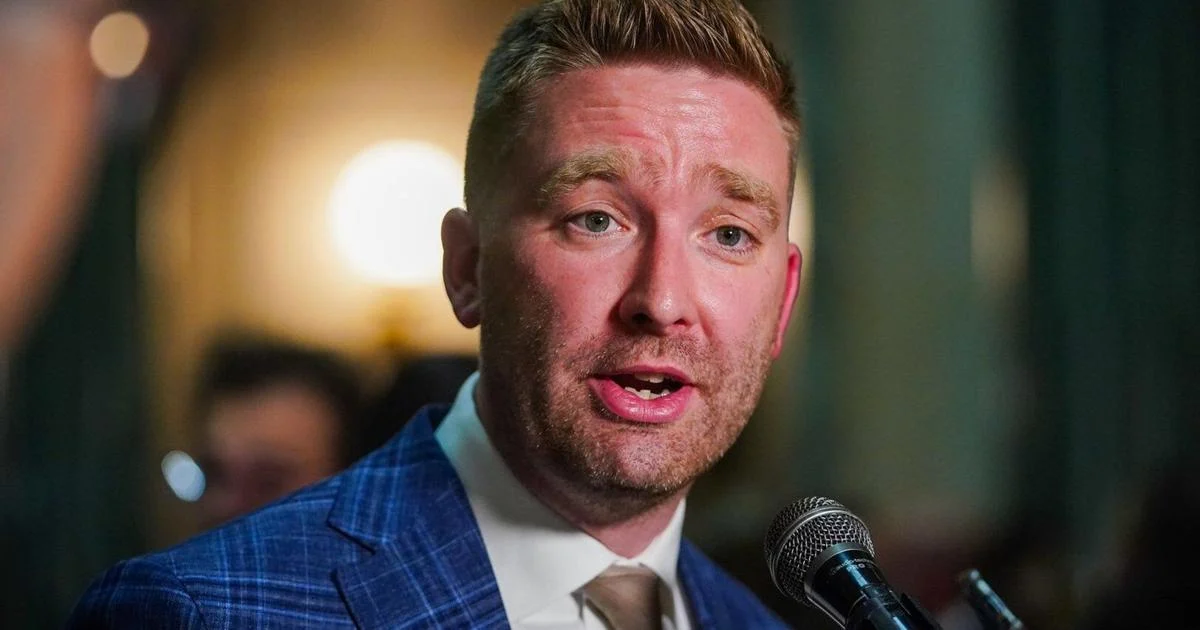Copyright keenesentinel

Advocates for a ban on plastic bags said they chose to hold off on presenting legislation this session after they could not secure a Republican co-sponsor for what they hope will eventually be a bipartisan bill. “We just feel like it would be more damaging to advance it and have it turn into a partisan football,” said Susan Richman, an advocate with New Hampshire Network, a nonprofit environmental advocacy group that formed in 2021. Richman said the group had seen an encouraging bipartisan response to their advocacy on the topic, including from members of the House Environment and Agriculture Committee and the Solid Waste Working Group earlier this year. Ultimately, however, the group did not land on a version of the ban that could attract a Republican co-sponsor ahead of the 2026 session, Richman said. Bag ban proponents are motivated by environmental, health, and landfill capacity concerns, said Richman and Rep. Nicholas Germana, of Keene. Of the waste generated in New Hampshire in 2023, 105,770 tons — or 16.6 percent — was plastic, according to a 2024 report by the New Hampshire Department of Environmental Services. “We really need to focus on not needing another landfill for a good long time,” said Germana, who has participated in discussions around possible bag ban legislation. “… The best thing we can do is reduce the amount of waste we are producing.” Further up the waste stream, the bags also create issues for transfer stations — and, by extension, municipalities, Richman said. “(Plastic bags) are hugely expensive to get rid of. They can’t be recycled, despite public mythology,” she said. A few companies, like Barrington-based Plastic Recycled, collect plastic bags and other hard-to-recycle plastics and transform them into composite park benches, siding, and other materials. But most plastic bags do not find another purpose; and when they are mistakenly sent through traditional recycling streams, they “gum up the works” when the thin plastic bags get caught in transfer station machinery, according to Richman. Germana also raised concerns about microplastics. Plastic bags “break down into smaller and smaller pieces, but they don’t go away,” he said. “They end up in our water, our food, and then our bodies.” Richman said ban proponents were concerned that some plastic grocery bags may contain PFAS, toxic materials known as “forever chemicals” for their ability to persist in the environment and in the body. Researchers have previously detected PFAS, which are linked to illnesses including cancer, in various kinds of plastic food packaging. Four of the six New England states — Connecticut, Maine, Rhode Island and Vermont — have enacted statewide bans on single-use plastic bags at most retailers within the last five years. (In Massachusetts, a similar bill passed the Senate in 2024 but did not leave the House. Another version of the bill will go before the Legislature this year.) Generally, the issue of waste reduction receives bipartisan attention, Germana said. However, Republican legislators resisted the idea of a ban some said could pass on costs to customers. Germana provided the example of stores selling paper bags at the register for a nickel or dime a piece, in lieu of free plastic bags. Richman said the New Hampshire Network had recorded more than 5,000 signatures on a petition they began in 2024 supporting a retail bag ban. Though no legislation will be officially considered this year, Richman said the network would not drop the issue. “People do well without (plastic bags),” she said. “It’s just a matter of convention and custom.” Germana agreed the discussion would continue, though he said the disagreements that had stalled it were exemplary of some of the most fundamental differences between the two parties. “I think this question about single-use plastic bags really does go deeper, into the role of the government in solving our problems,” he said.



